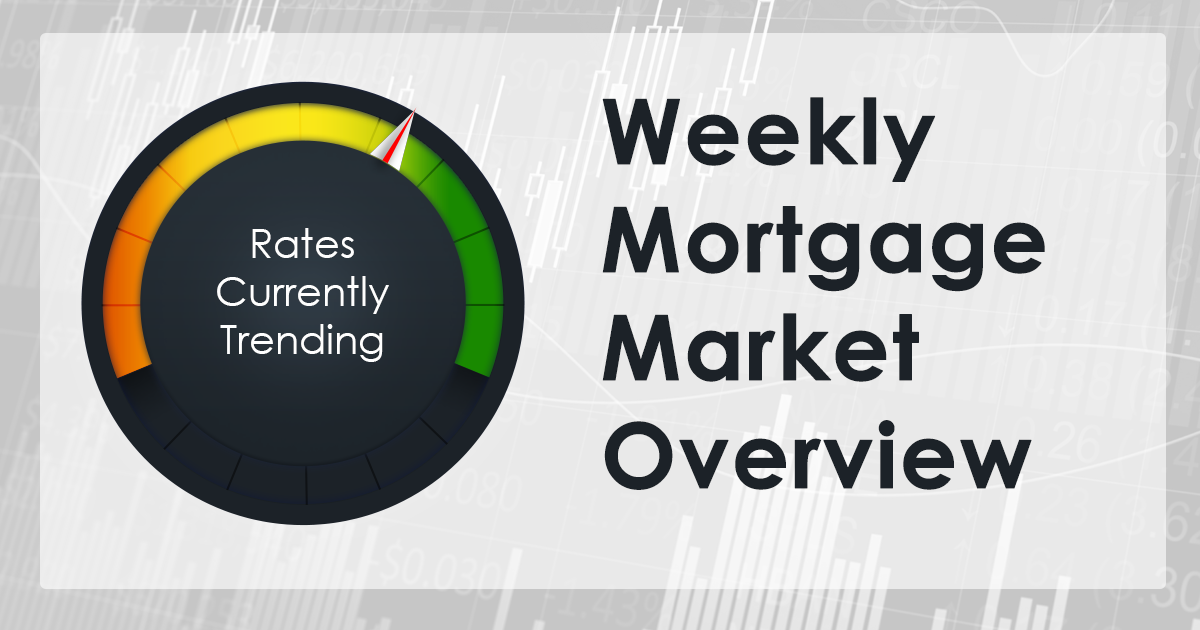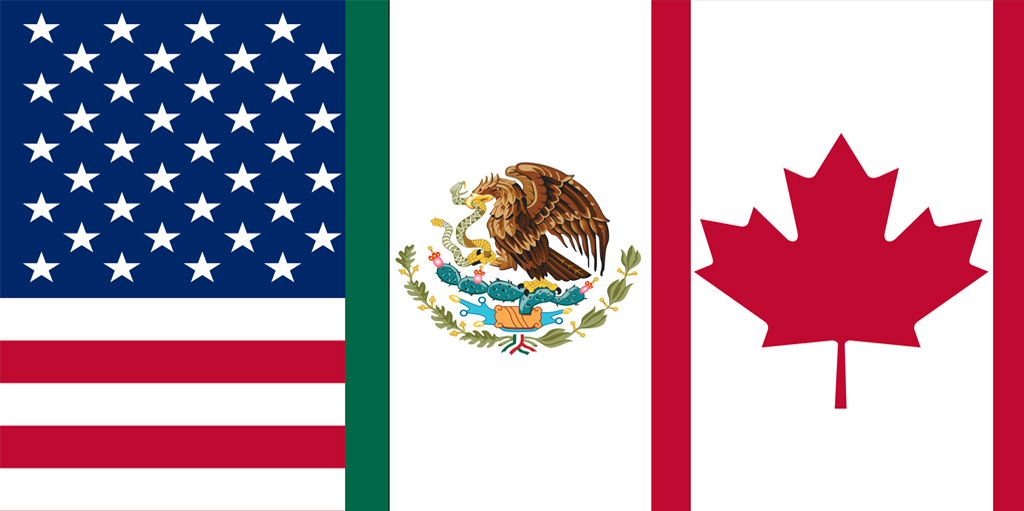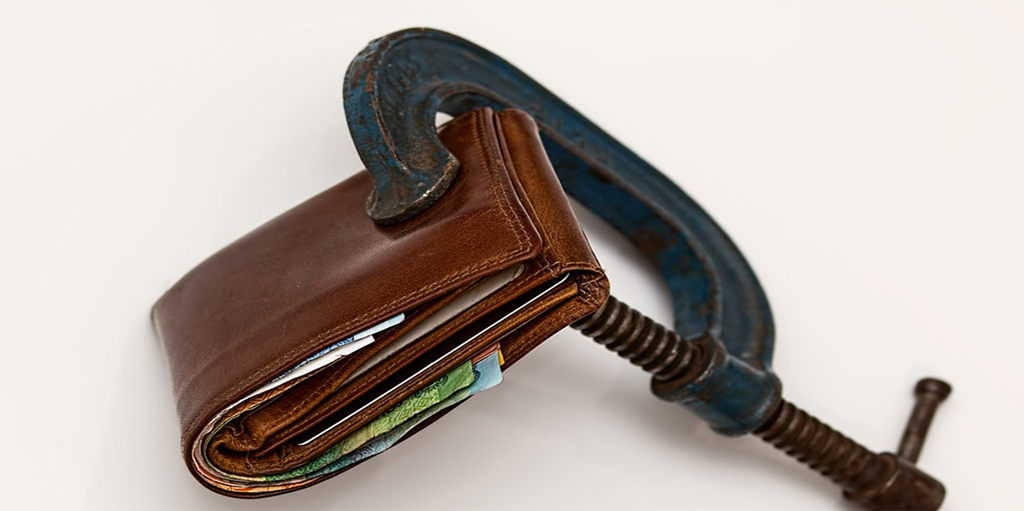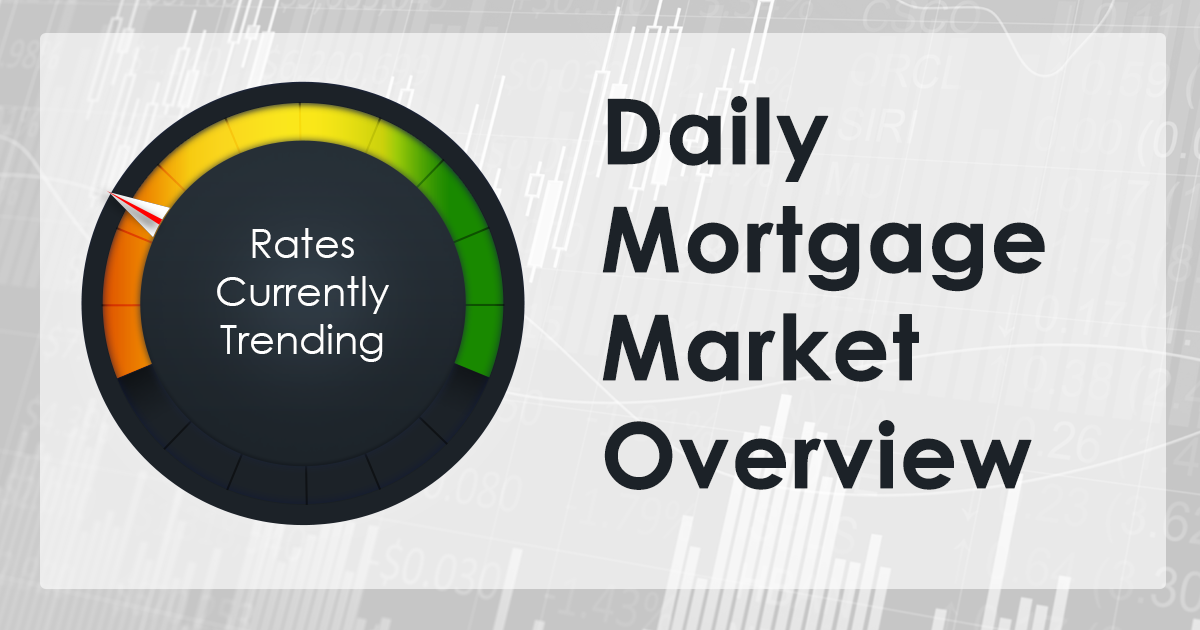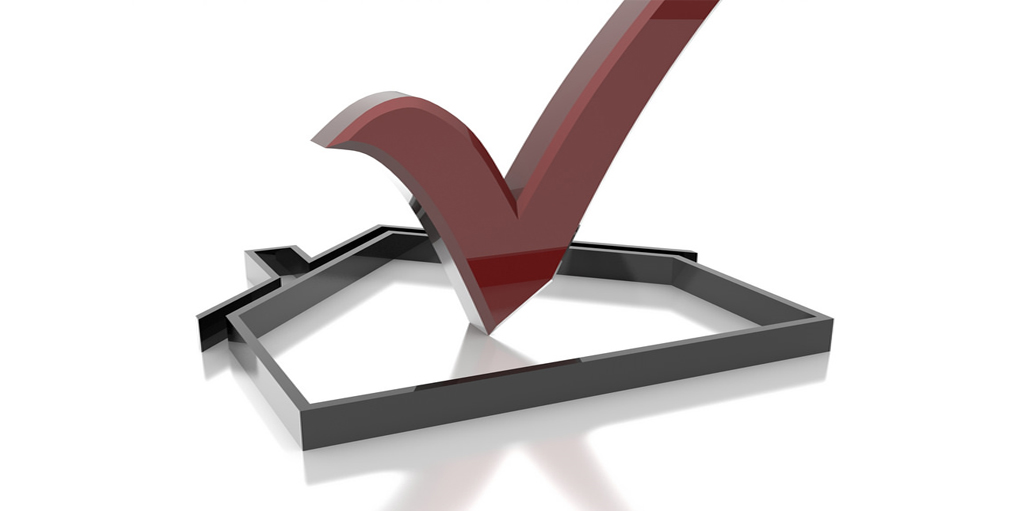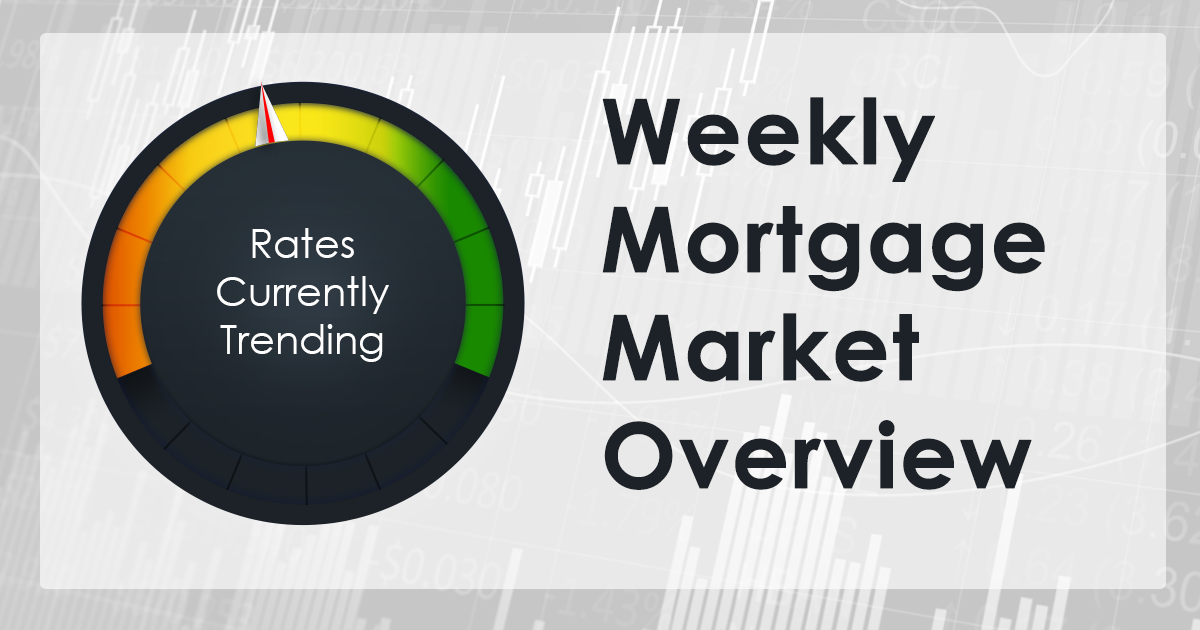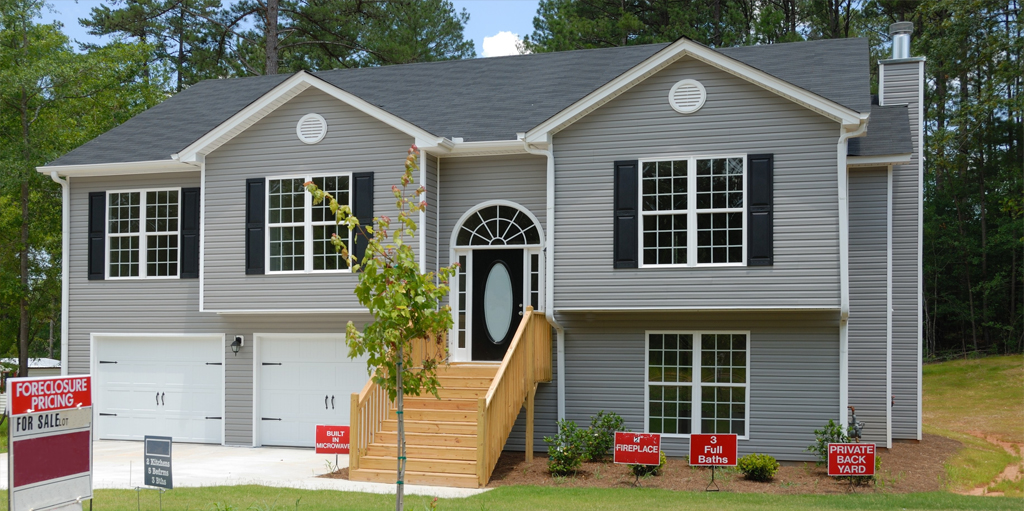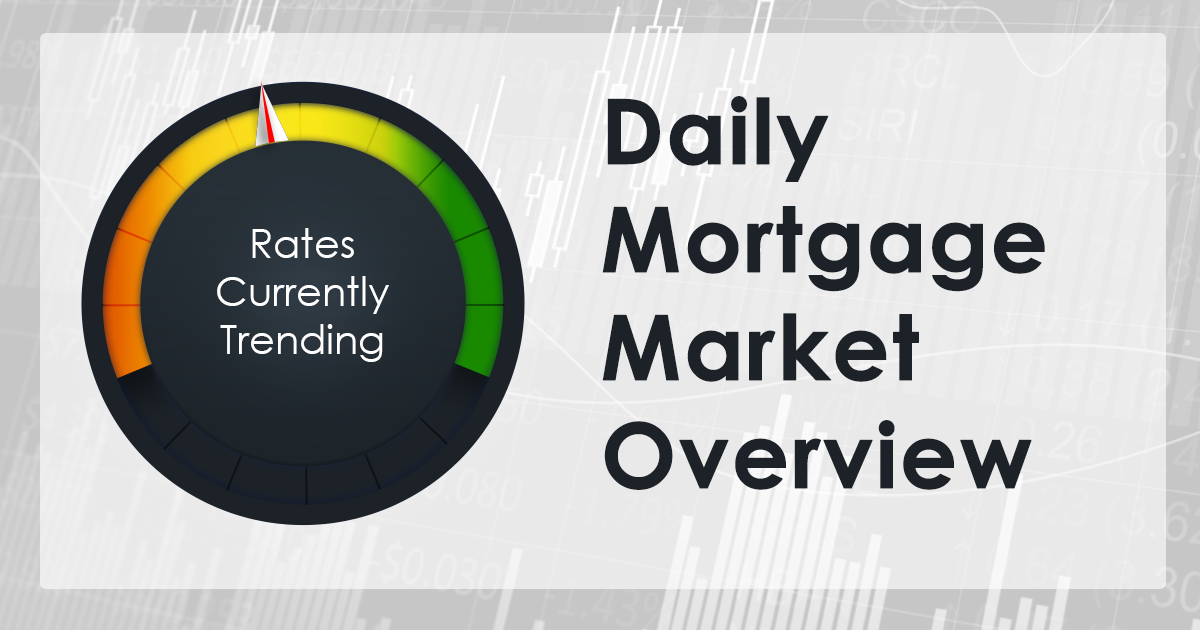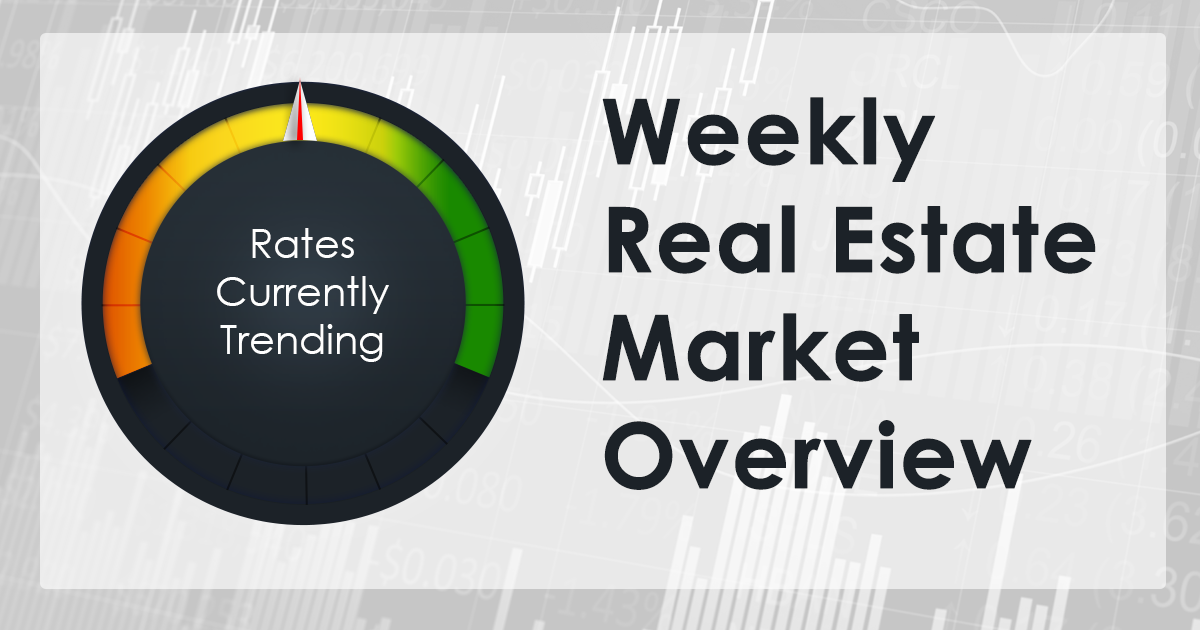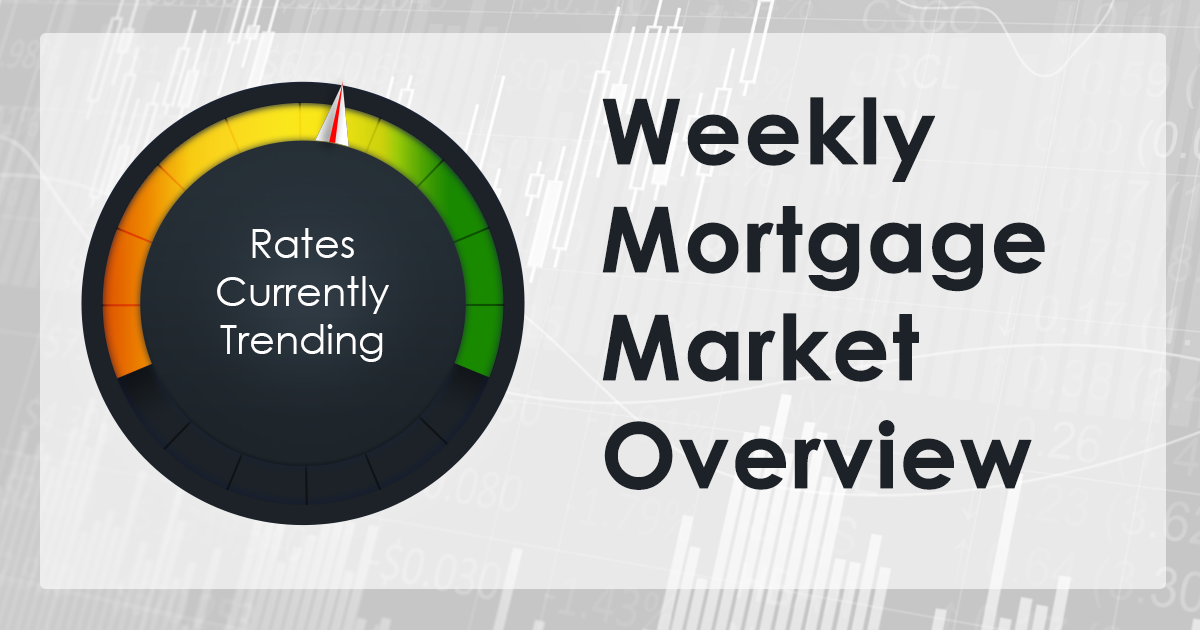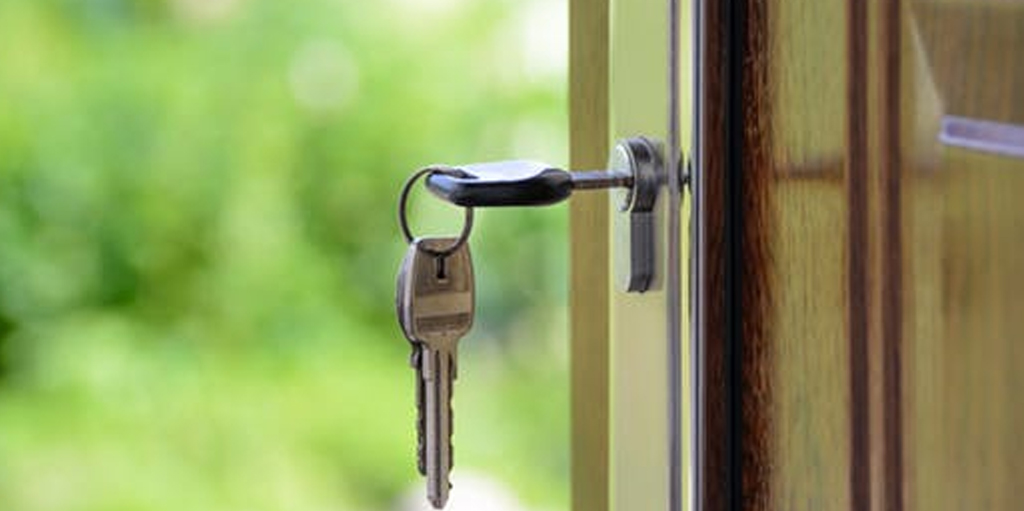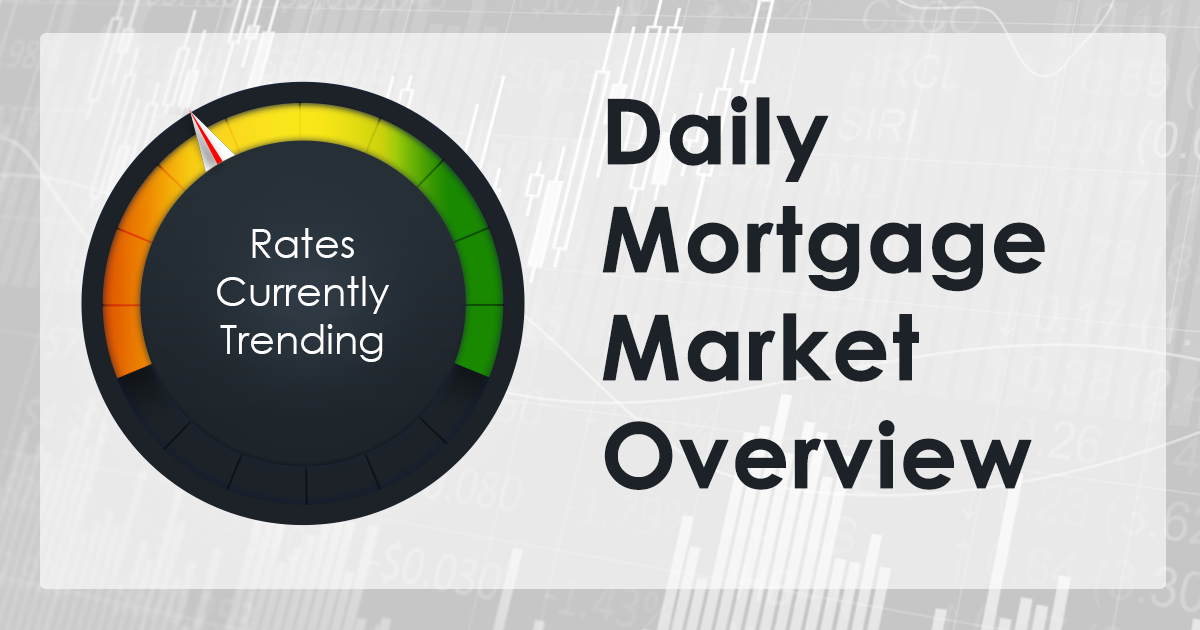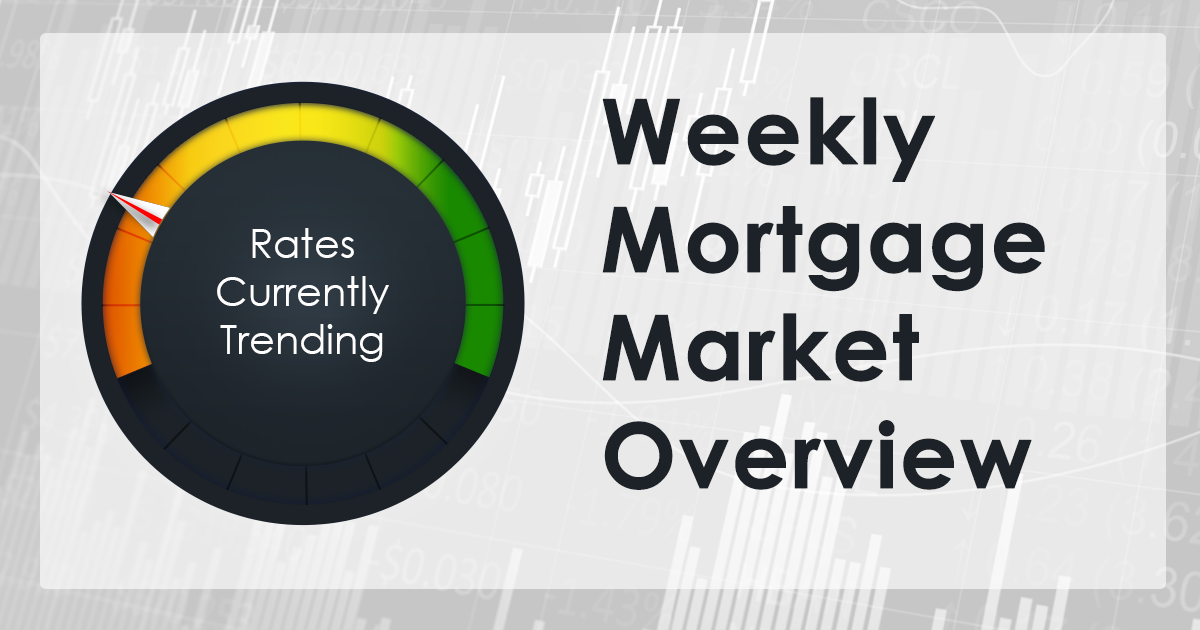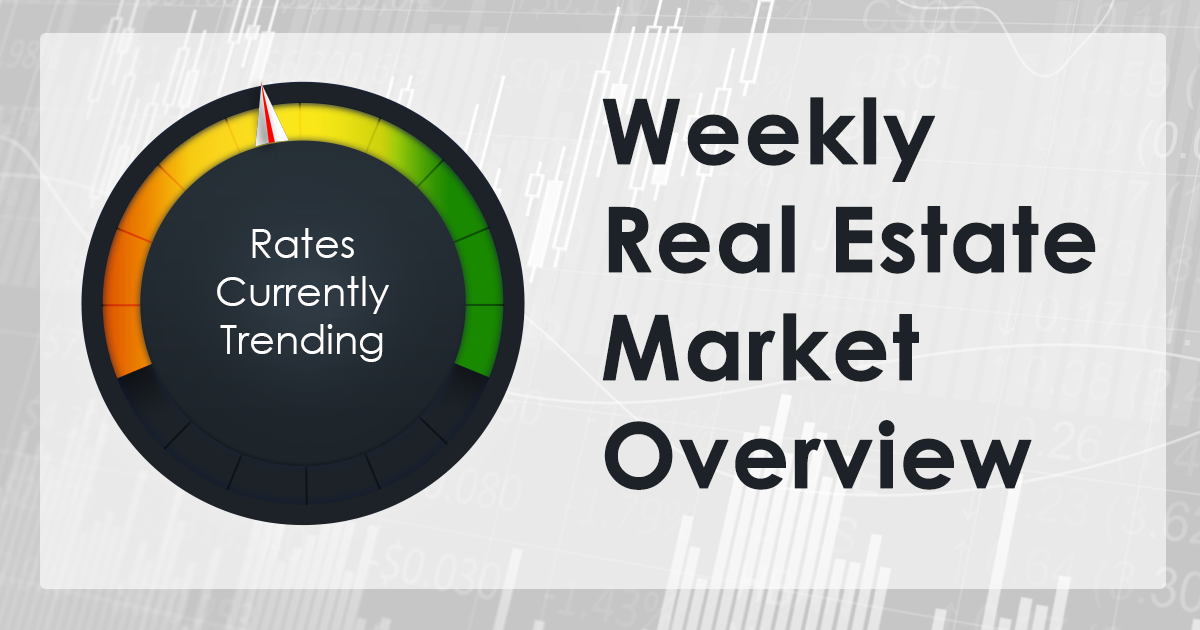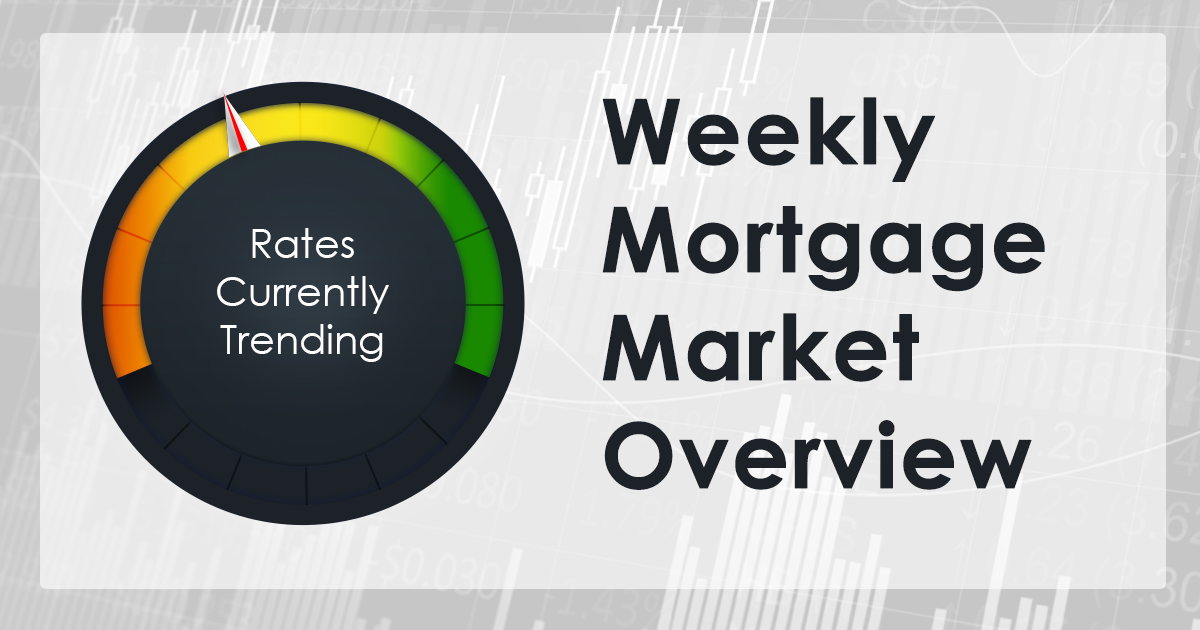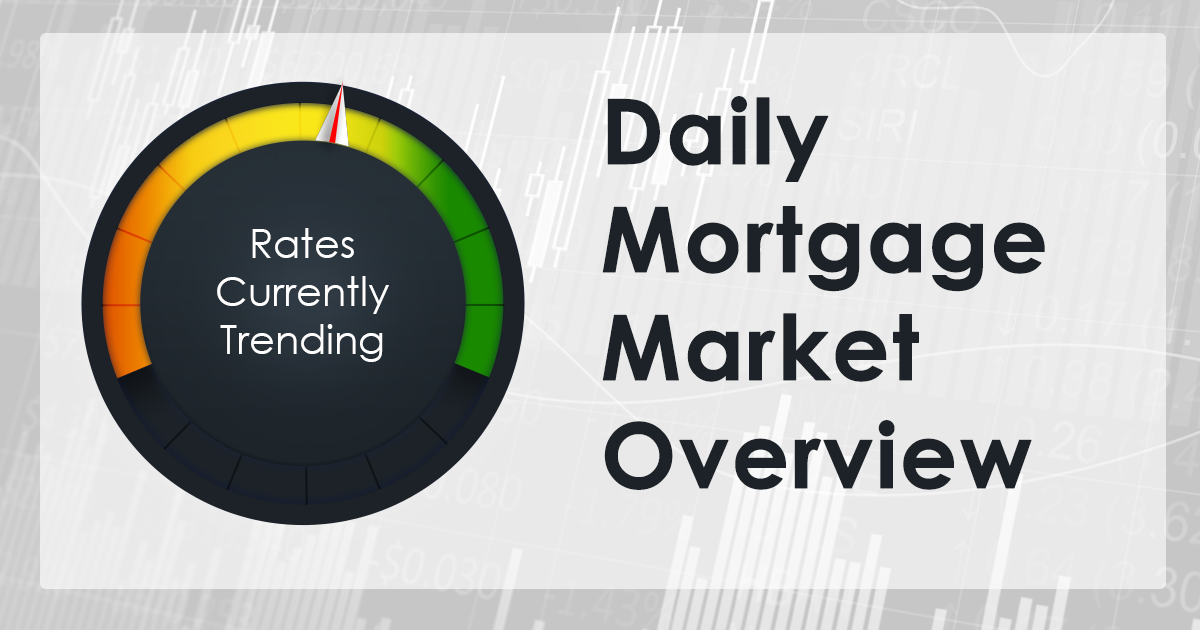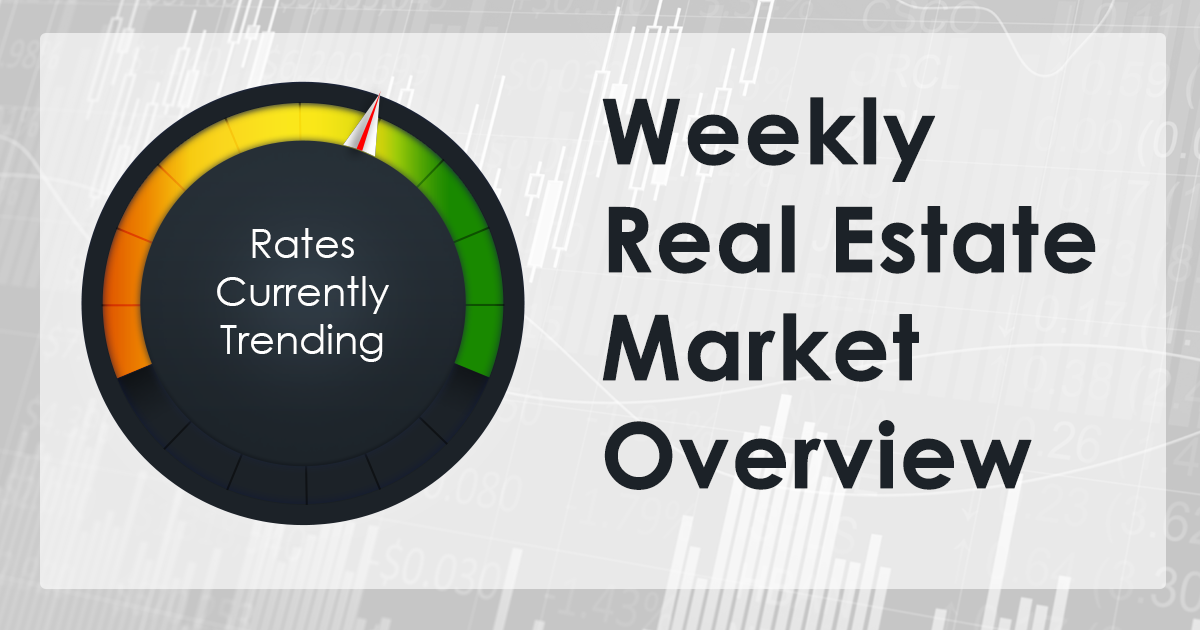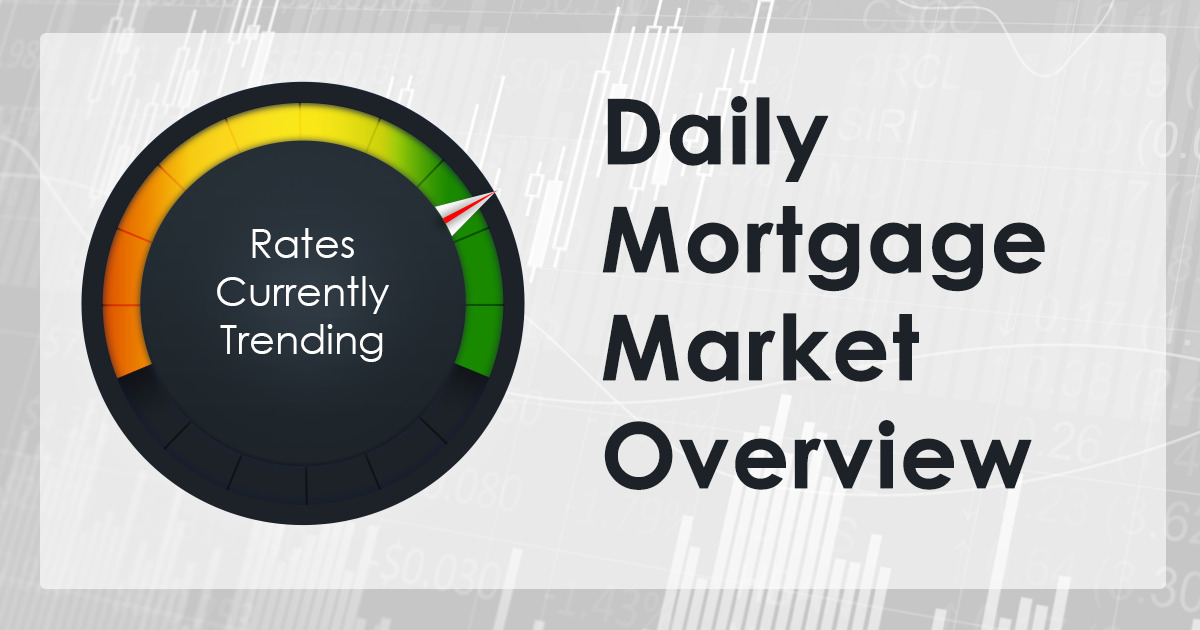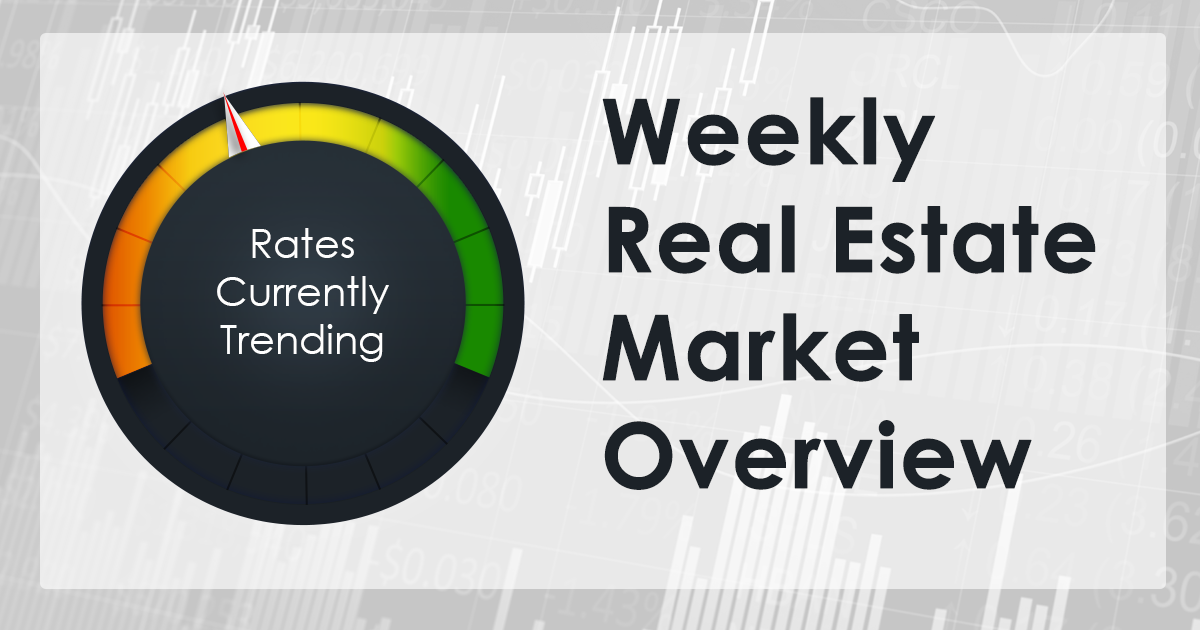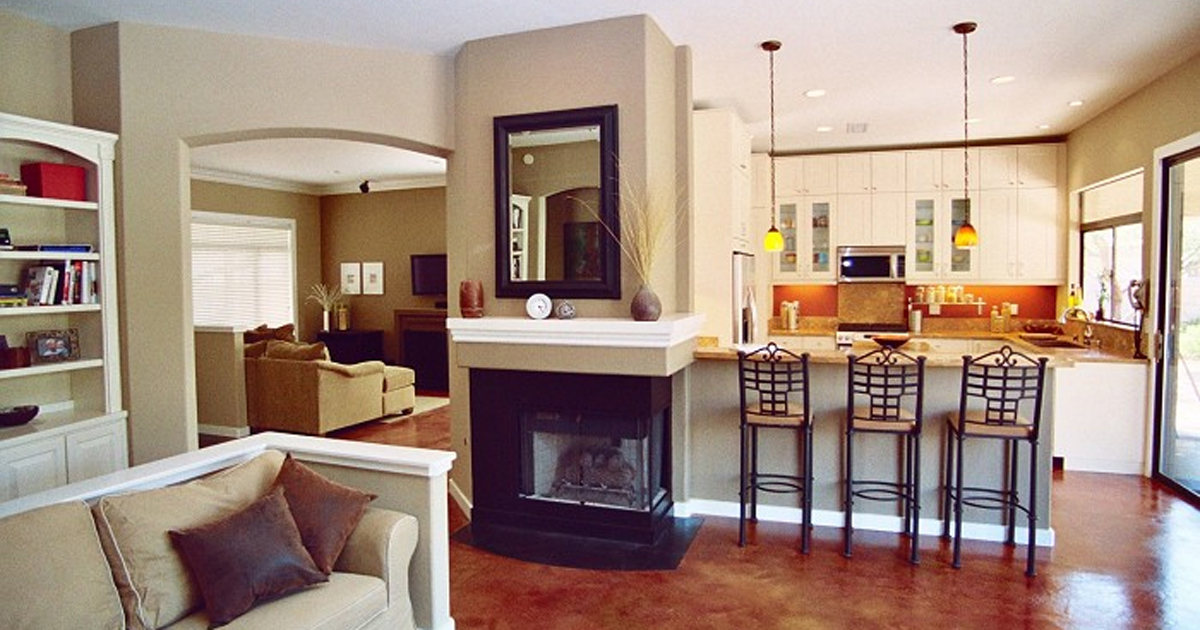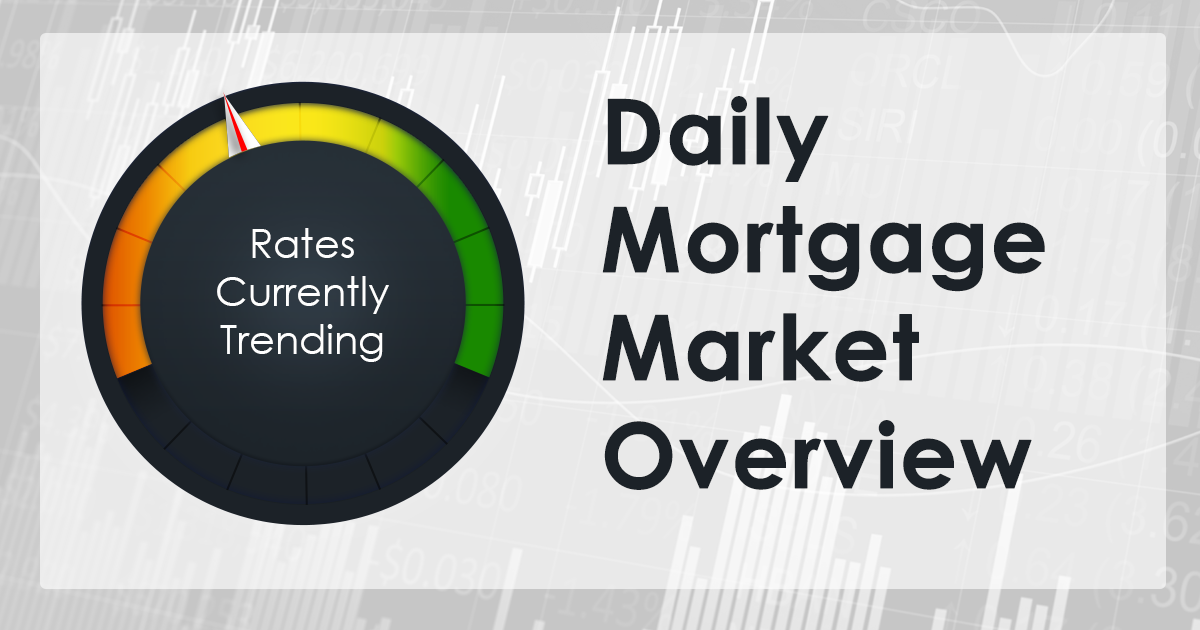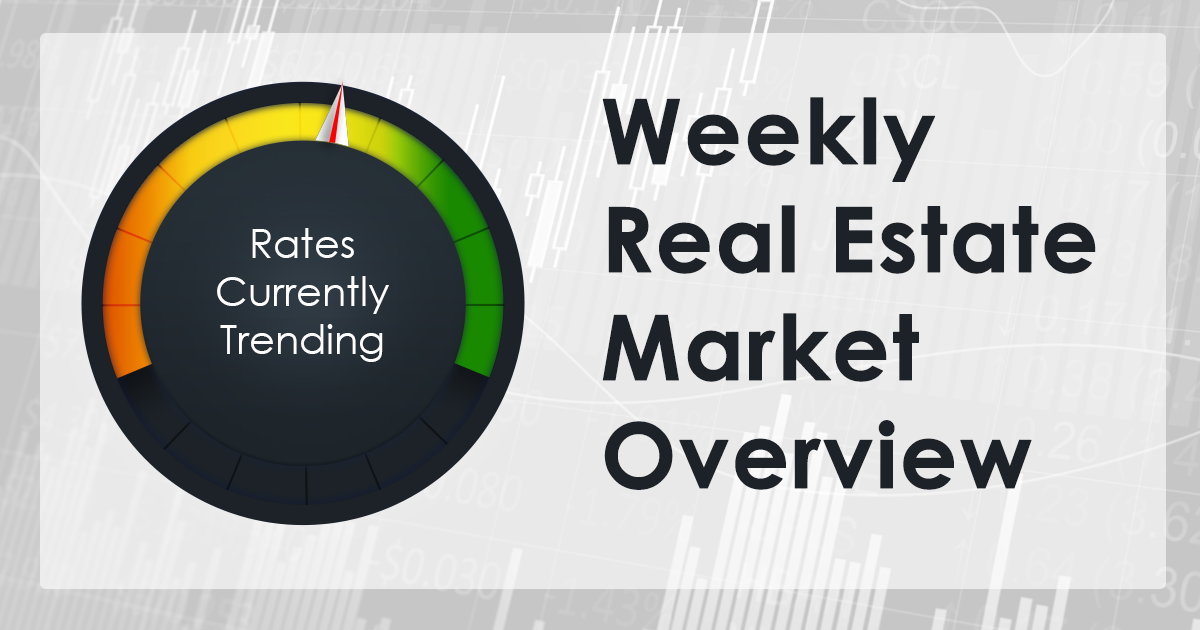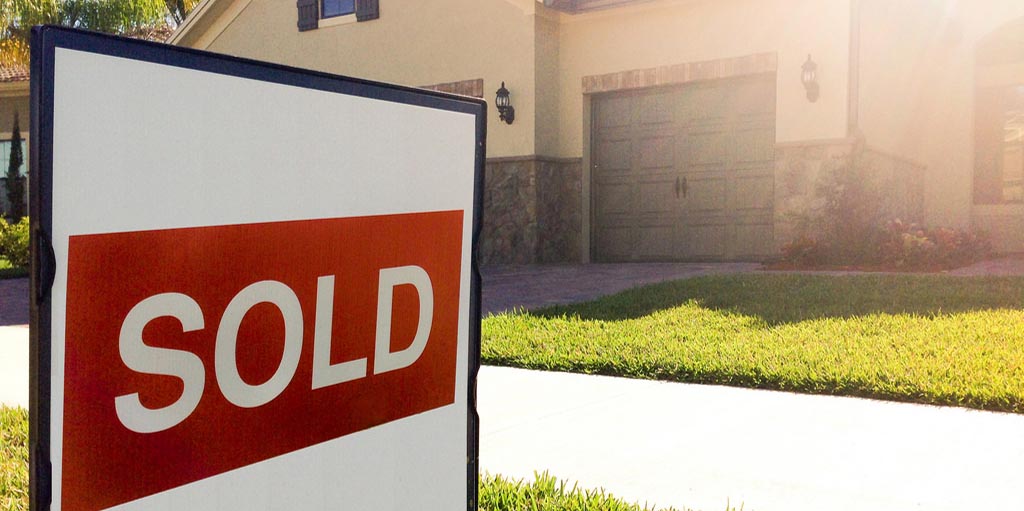
Some pros and cons of an all-cash offer
___
Published Date 4/20/2018
Is cash still king? While it may feel powerful to have that all-cash ace up your sleeve as you look for the perfect property, thinking home sellers swoon over all-cash offers (which they do), it’s wise to go into a purchase of this kind with your eyes wide open. Why? Unlike other home buyers out there, you’ve got the luxury of options.
Think it’s only millionaires that have enough money lying around to make an all-cash offer? Think again, because these deals are surprisingly common. According to a recent report from ATTOM Data Solutions, all-cash offers made up 29% of single-family home and condo sales in 2017, and most of them are not on behalf of the filthy rich. When we learn that billionaires like Mark Zuckerberg buy homes with mortgages when they clearly don't need to, however, it should give us pause to think.
At first glance, an all-cash offer looks like a no-brainer because of its lack of risk to the seller and even to you, as long as you are not using every penny you have on a house. Even those buyers with a loan pre-approval in hand still run the risk of having a last minute smudge surface on their credit, one of those pesky little storm clouds appear on a title search, a job loss or change happening mid-stream no one could foresee, or anything else that can affect the final approval. Loan procurement is also contingent upon a home appraisal meeting the negotiated selling price so that the lender feels secure in its investment. All these what-ifs are eliminated with an all-cash offer unless a buyer’s verified funds suddenly disappear before the close of escrow.
So the question remains: is it always the wisest decision to make an all-cash offer if you can? Here are a few pros and cons of an all-cash offer.
Tough seller’s markets create bidding wars. All cash, then, can help you eliminate the competition and catapult your offer to the top of the list. It can also speed up escrow periods by eliminating a number of contingencies.
All-cash offers can strengthen your negotiation stance and persuade sellers to accept less than their full asking price because of the sure-deal aspect of it. However, in today's low-inventory seller's market, don't expect to get a crazy-good deal just because you're paying cash.
Laying out the green means less paperwork and no delays. It can also offer sellers the option of a quicker close, since there is basically little-to-nothing to hold up the deal.
Without a mortgage, you save money on fees such as closing costs, title insurance, etc. The most obvious advantage is, of course, that the home is yours and not the bank’s from day one. No worries about a foreclosure, either.
On the minus side, you’ll be tying up a lot of money in one asset instead of diversifying your financial portfolio — something you learned a long time ago was not always the best course. Unless you are one of the lucky ones who have tons of money to spare, that means limiting your your liquidity. It also means you’ll miss out on good-sized tax deductions. This is especially true if your home’s value is under $750K under today's new tax laws. Those are the biggies, and they are nothing to sneeze at. It may be wise to think about how even taking out a mortgage and keeping up payments for ten years or so gives you options. If emergency situations arise in your life, you have more ready cash. You also have the option of paying off the loan at any time, which can offer you and your family a lovely sense of security.
All-cash buyers can pool their purchase money from variety of sources, including personal savings, cash gifts, and inheritance, but experts advise having your home-buying funds in one account to make it easier for you to keep track of the money you’re going to need. And don’t forget bank transfers can get delayed. You won’t want to be moving money around shortly before closing.
Prove you’ve got it. You can’t expect to beat out other offers on a home saying you’ll be paying cash unless you provide the home seller with a copy of your bank statement as proof of funds when you submit your offer.
Sweat the small stuff. There are other home-buying expenses in play here. You’ll still have to budget for the costs that come with any home purchase, including the property taxes, homeowner’s insurance, condo or association fees, if applicable, and a professional home inspection.
Make sure you build an emergency fund that will cover living expenses for at least six months, including one for future property taxes, because they are something that will never go away. Financial advisors agree that if you have extra cash after that, you'd be smart to funnel it into a retirement account, since a home alone should not constitute your entire nest egg.
Source: TBWSAll information furnished has been forwarded to you and is provided by thetbwsgroup only for informational purposes. Forecasting shall be considered as events which may be expected but not guaranteed. Neither the forwarding party and/or company nor thetbwsgroup assume any responsibility to any person who relies on information or forecasting contained in this report and disclaims all liability in respect to decisions or actions, or lack thereof based on any or all of the contents of this report.
http://nmlsconsumeraccess.org/


Peter Sweeney
Loan Officer
License: NMLS 87705
Lake City Mortgage
1875 N Lakewood Dr #102, Coeur dAlene ID
Office: 208-640-5626
Cell: 208-640-5626

Peter Sweeney
___
Loan Officer
License: NMLS 87705
Cell: 208-640-5626
Last articles
___

Volatility spikes on inflationary data
6/1/2022
Mohamed El-Erian, yesterday in an interview on Bloomberg, was not encouraging. H... view more

Trade talks hanging over rate markets
9/17/2018
Tariffs/Trade war is the only thing that has the ability to move rates. We do ha... view more

Rates flat as producer prices move lower
9/12/2018
The August Producer Price Index (PPI) was much lighter than expected. The headli... view more

Markets focus on trade and inflation this week
8/27/2018
These are the three areas that have the greatest ability to impact mortgage rate... view more

What ever happened to the waterbed?
7/31/2018
Waterbeds were phenomenally successful for a solid 20 years, but consumers and m... view more
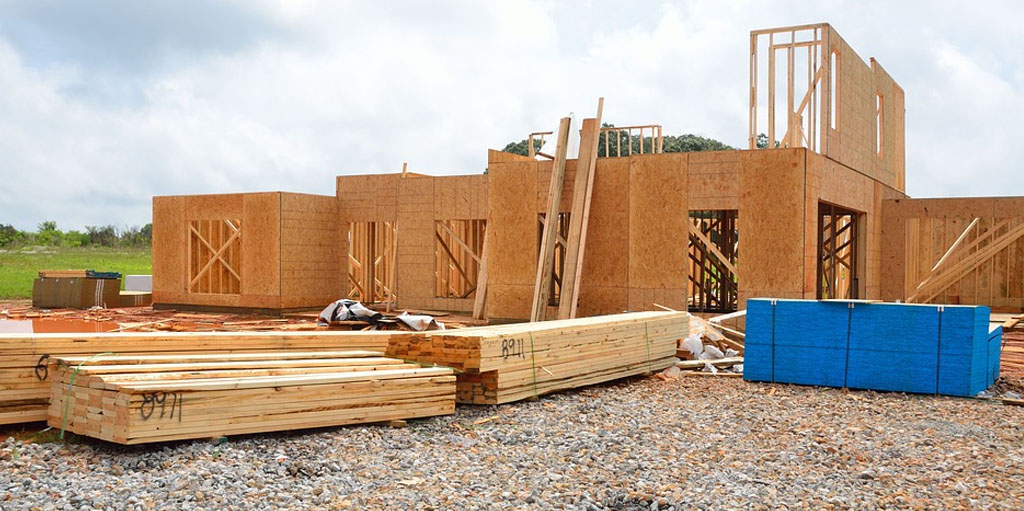
Mortgage applications flat and new home sales dip
7/25/2018
Weekly MBA mortgage applications declined last week 0.2%, purchase apps were dow... view more

Key events for the markets this week
7/2/2018
Three Things: These are the three areas that have the greatest ability to impact... view more
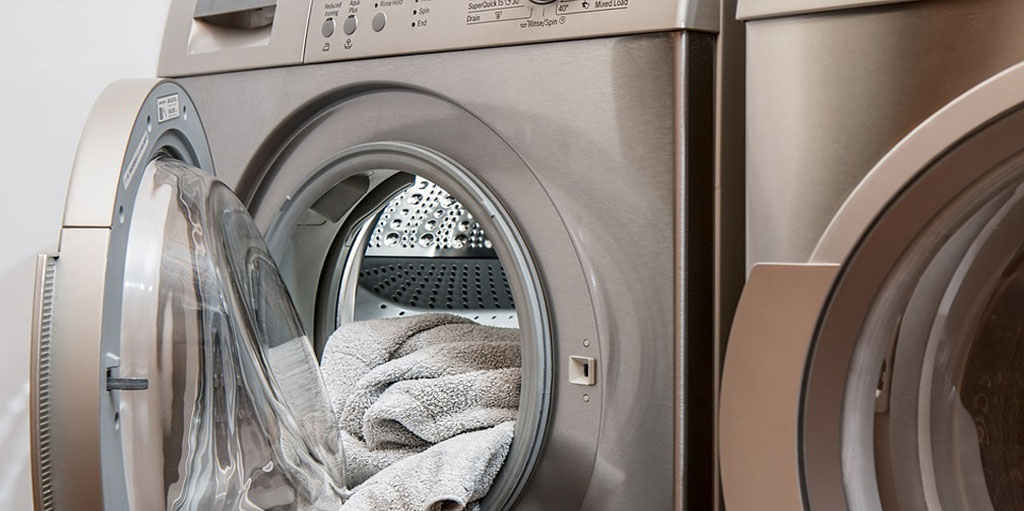
Mortgage applications and durable goods orders dip
6/27/2018
May durable goods orders were surprisingly weak; orders were thought to be -0.6%... view more

Week's market movers: EU, trade talks, and inflation numbers
6/25/2018
Three Things: These are the three areas that have the greatest ability to impact... view more
Load more
 Lake City Mortgage
Lake City Mortgage







